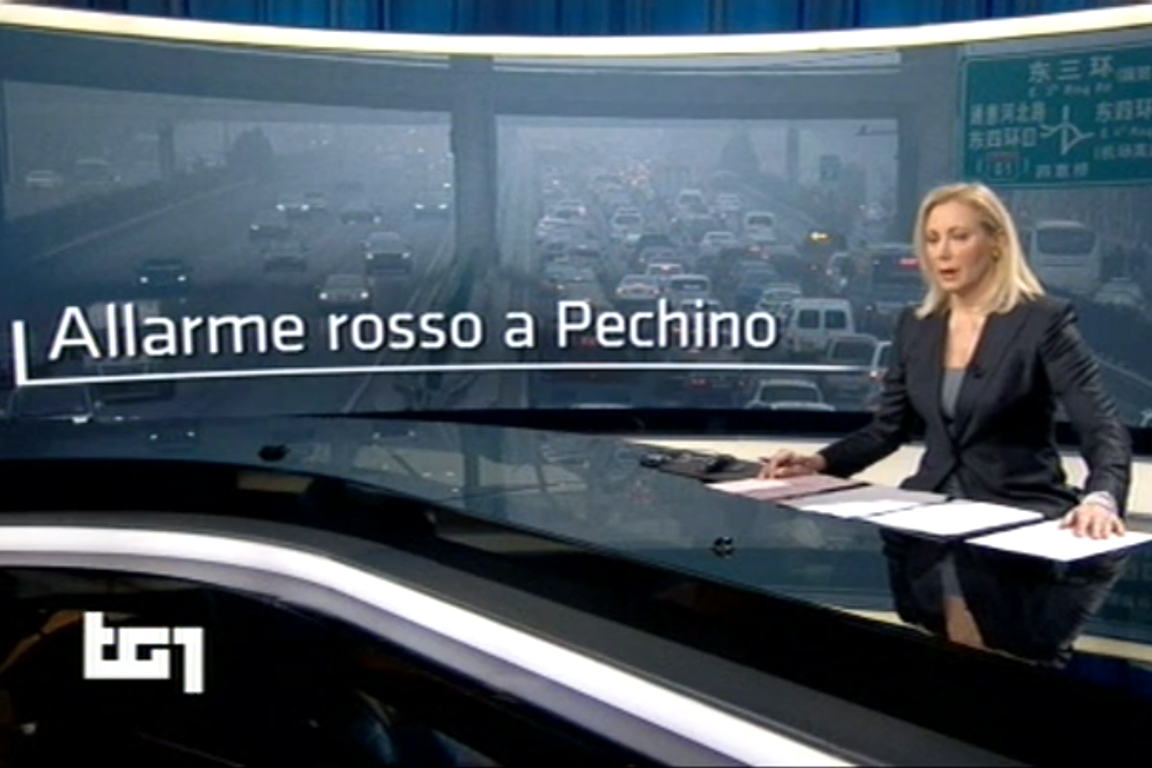Strictly speaking, the boaring mock of the New Zealand’s and world’s most famous rugby team All Blacks and of its “war chant”, the Haka made by an Italian toothpaste manufacturer works. In fact, as much as I dislike it, here I am talking about it and sharing the link to the ad.
True, this is not the first questionable advertising campaign, and we all have seen fairly worst examples of exploitation out in the (media)wild.
I just wonder what could happens if one day either the toothpaste maker or its advertising agency should meet somebody from the Team…


